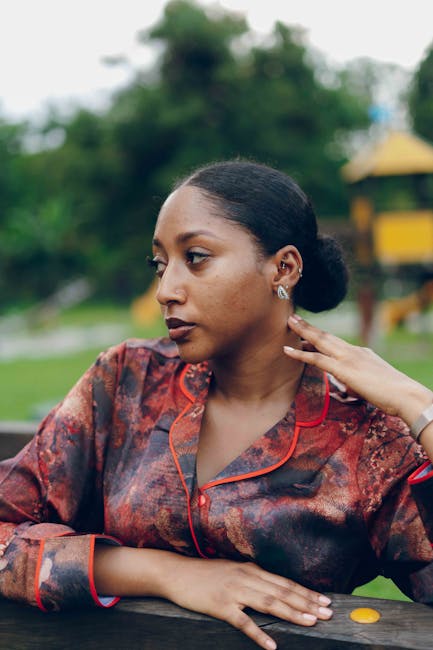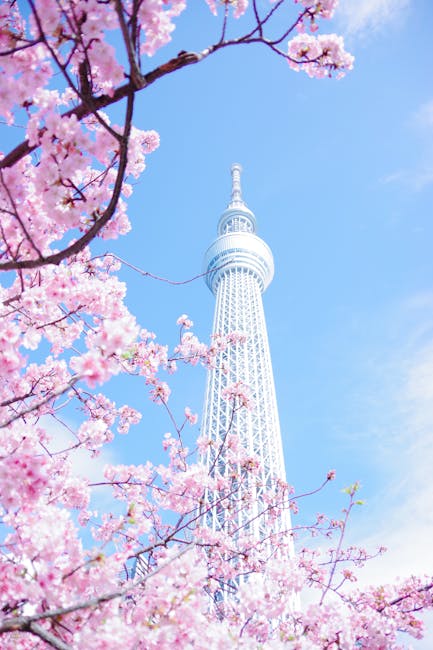One of Nigeria’s most prolific designers is gearing up to celebrate its 15th birthday, and he’s learned some valuable lessons along the way.
On Sunday, founder and creative director Adebayo Oke-Lawal will present his Spring/Summer 2026 collection at Lagos Fashion Week. With this collection, Oke-Lawal is pushing the boundaries of his creativity, showcasing something “very different” from the Orange Culture we know, he says. The brand built a reputation for garments that blend contemporary silhouettes with sharp tailoring and African textiles. “It’s still Orange Culture in its essence, but it’s taking a path that we’ve never taken before,” he says.
While turning 15 is cause for celebration, this collection also pays tribute to Oke-Lawal’s mother, who passed away last year. “I feel very vulnerable about this collection,” he says. “I don’t know how the world is going to receive it… but it’s not about them, it’s about me; it’s about my mum.”
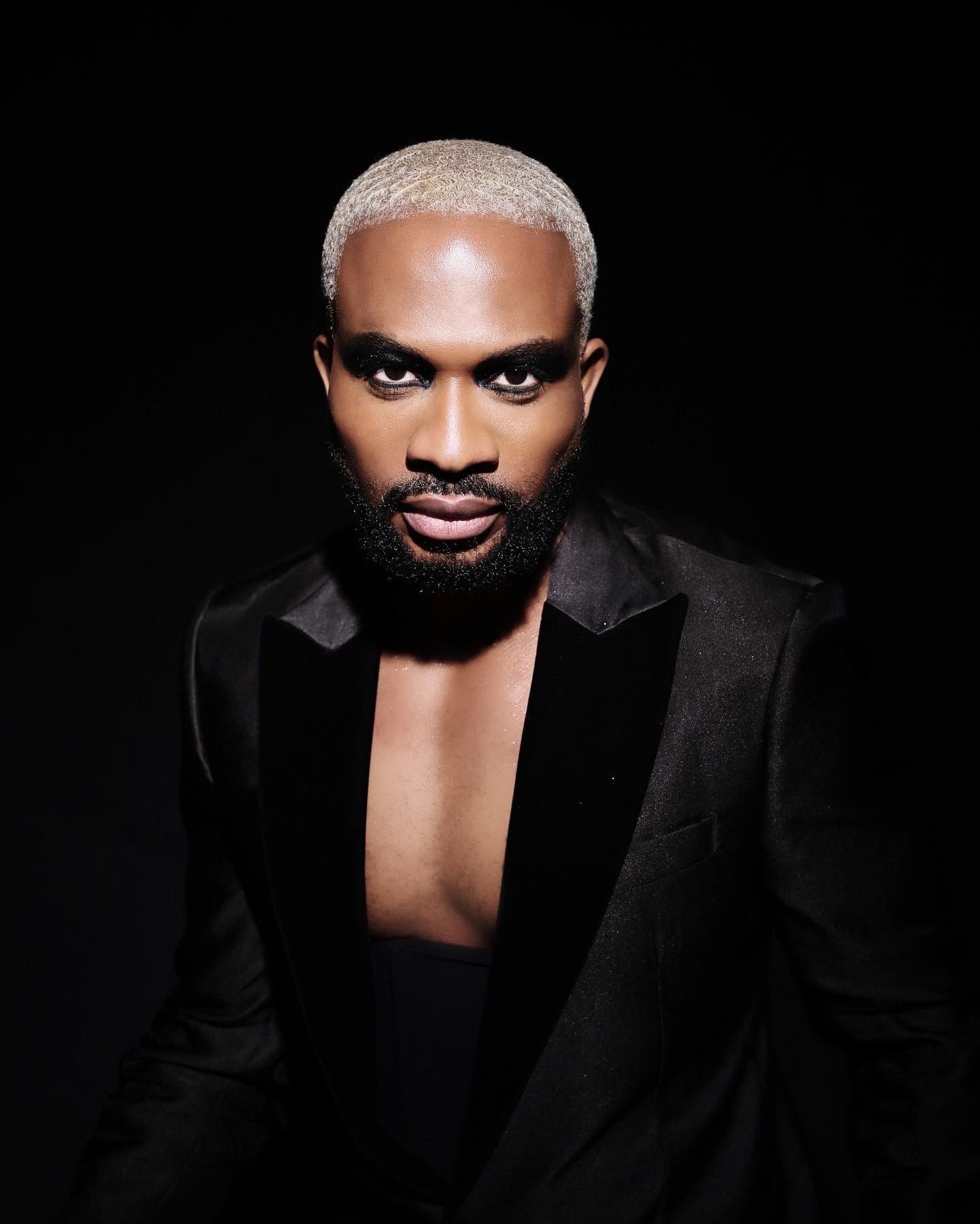
Adebayo Oke-Lawal, founder and creative director of Orange Culture.
Photo: Courtesy of Orange Culture
For the collection, Oke-Lawal has enlisted the help of top creatives. Seasoned stylist and fashion editor Ola Ebiti, who has worked with the likes of Tom Ford and Acne Studios, is styling the show. It was Orange Culture’s bold and progressive aesthetic that first drew Ebiti to the brand. “There needs to be a brand that can bridge the gap between Africa and the rest of the world,” he says. While the appetite for African brands is increasing among US consumers, Ebiti says, the styling and the visuals must be carefully crafted to translate the brand’s messaging in an international way. “It’s one thing to have really good ideas, but it’s another to really be able to bring that to fruition and serve clients. For me, that’s always been my goal for Orange Culture.”
Orange Culture, which launched in 2011 in Lagos, quickly became a household name. His clothing brought something fresh to the Nigerian market, providing consumers with interesting silhouettes and clean tailoring. As demand for his clothes grew, the Lagos-based designer quickly amassed a cult-following across West Africa. Three years after the brand’s inception, Orange Culture became the first African label to be shortlisted as a finalist for the LVMH Prize in 2014, catapulting the brand into the international spotlight. Off the back of the prize, Orange Culture secured popular stockists, including Browns and Farfetch, and has showcased collections in Paris, London, New York and at Pitti Uomo in Florence. (Orange Culture declined to share sales figures.)
Though, building a collection that is immensely personal comes with risk, the designer acknowledges. Whether it’s well received by buyers, press or fans of the brand is something that weighs on Oke-Lawal’s mind. “It is a concern, because at the end of the day, it’s still a business,” he says. “Over the last two years, I’ve been very catered to my customers; I can see what they want. But I think this one is for me… It’s a scary sacrifice, but one I’m willing to take right now.”
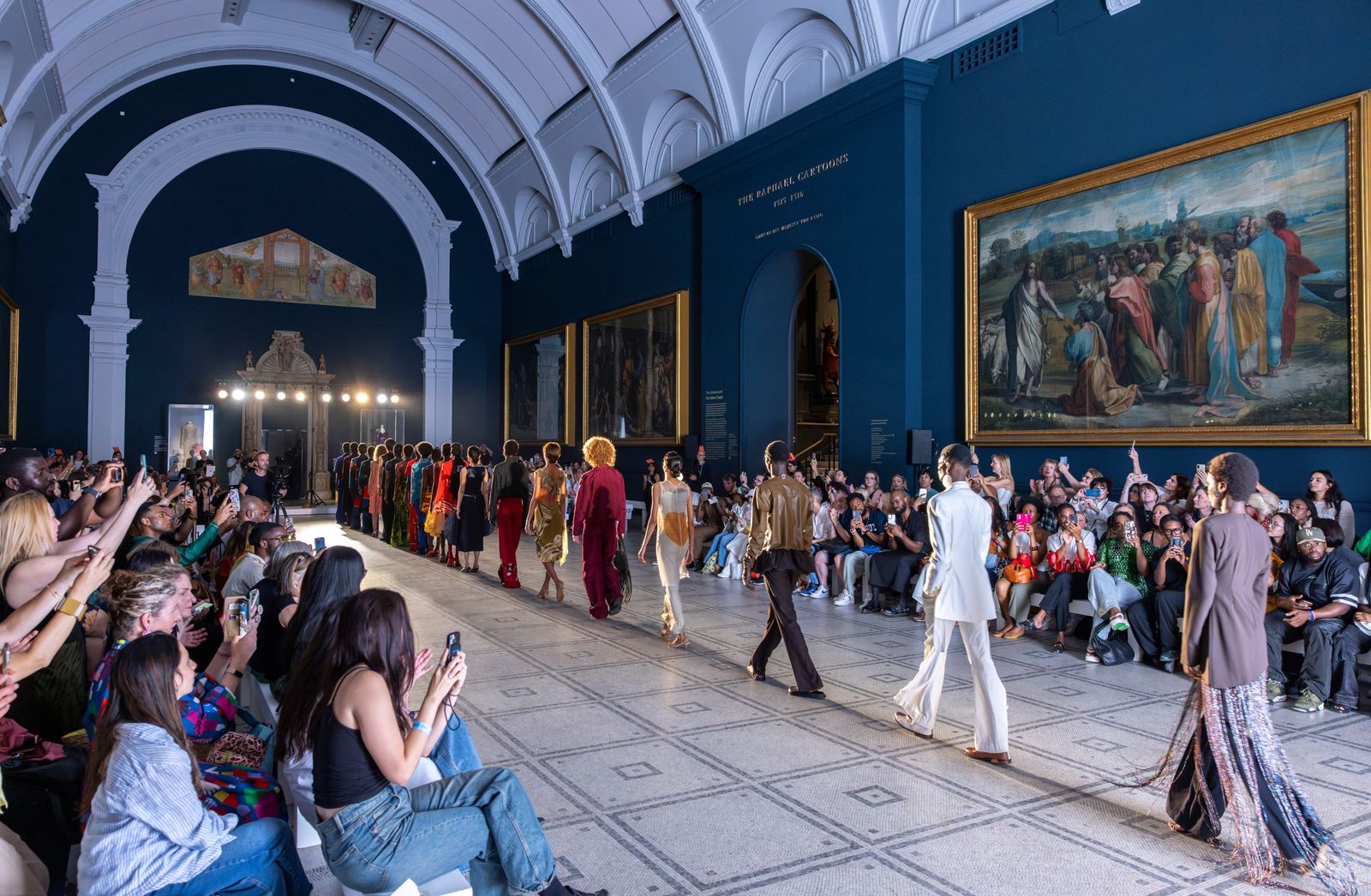
Orange Culture’s show at the V&A in London in 2024.
Photo: Courtesy of Orange Culture
From Lagos to the world
For many African designers, building a leading fashion brand on the continent is not an easy endeavour. There are several socioeconomic challenges that make the day-to-day running of a fashion business incredibly complex — from power outages to domestic shipping hurdles and challenges importing raw materials. There are also limited opportunities for designers to learn, network and receive mentorship in Lagos, as the local industry remains nascent and fashion schools are incomparable to their international counterparts.
Fifteen years of Orange Culture marks a significant milestone. Industry observers say that not many brands make it past the three to five-year mark, particularly on the continent. But for Orange Culture to show up consistently, producing collection after collection, over the past 15 years, is an achievement worth celebrating, according to fashion critic, stylist and founder of creative studio Prism, Eniafe Momodu.
In 2021, Oke-Lawal made the decision to split his time between his Lagos home and London, where he now spends a few months each year — a growing trend among many of Africa’s creatives who are eager to expand their audience. It marked “the beginning” of a new era, where Oke-Lawal could improve access to the brand outside of Nigeria. “I wanted to make decisions that allow the business to be more accessible to customers worldwide,” he says. Beyond that, Oke-Lawal has been meeting with advisors and investors to discuss new business opportunities. “Nigeria is still home, I just have a second home elsewhere.”
Over the past decade, attitudes towards African fashion have changed significantly, and the international market is embracing talent from the continent. That, in part, is thanks to the proliferation of neighboring creative sectors such as music and film, which led to Orange Culture traveling to new geographical locations to showcase collections.
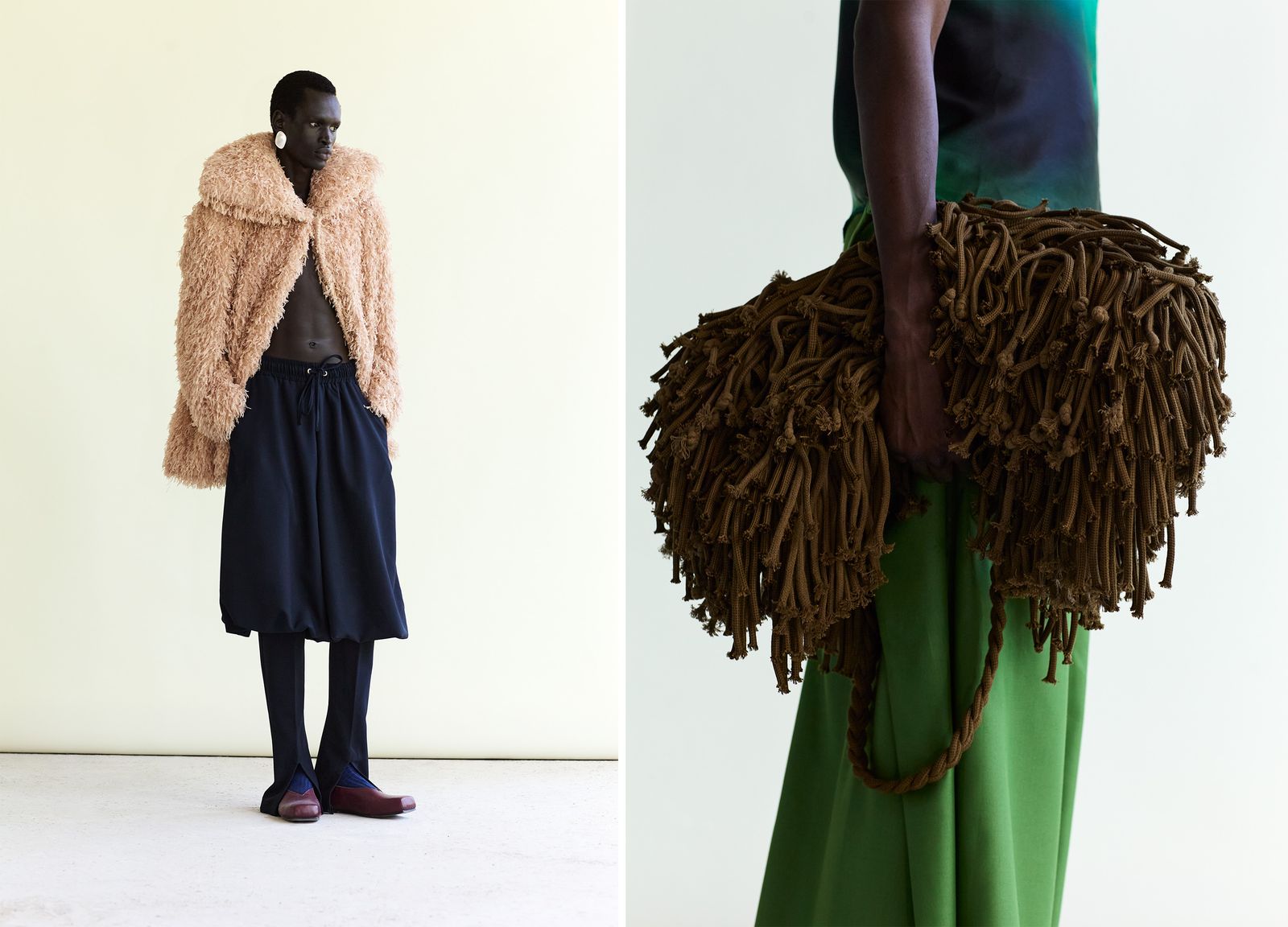
Orange Culture’s SS26 collection.
Photo: Courtesy of Orange Culture
Most recently, Oke-Lawal was awarded €25,000 as part of the Berlin Fashion Week Concept Competition, which earned Orange Culture a slot on the official Berlin Fashion Week schedule. The response to the collection surprised Oke-Lawal, who was unsure of how it would land in a market like Berlin. The designer will return to the German city to showcase his FW26 collection early next year.
“Four or five years ago, there were so many African brands that had spaces in Europe. Now, you can barely count them on your fingers,” he says, referencing the West’s irregular support of Blackness and African design. “It’s not a trend because this is our livelihood; it’s part of our culture, it’s part of our creative expression. It’s very important for a brand to be showing on a Western schedule because it continues that vision of African designers participating in the West.” Some African designers have to live “double lives”, catering to their home markets as well as international clients, whose design wants and needs often sit in opposition.
DTC vs wholesale
During the early stages of brand-building, securing leading international retail partners was a top priority for Orange Culture. It was during the brand’s infancy when Oke-Lawal would push his boundaries in order to meet strict retail requirements. That’s now changed. The recent downfalls of retailers like Matches and Ssense signal that the wholesale model is broken — and designers are cautious.
“For us, we’ve had to make [a lot of] hard decisions in terms of bending to certain models that don’t benefit us. [We have now] chosen to focus on direct-to-consumer,” he says, adding that unpaid invoices and large unit requests are key deterrents.
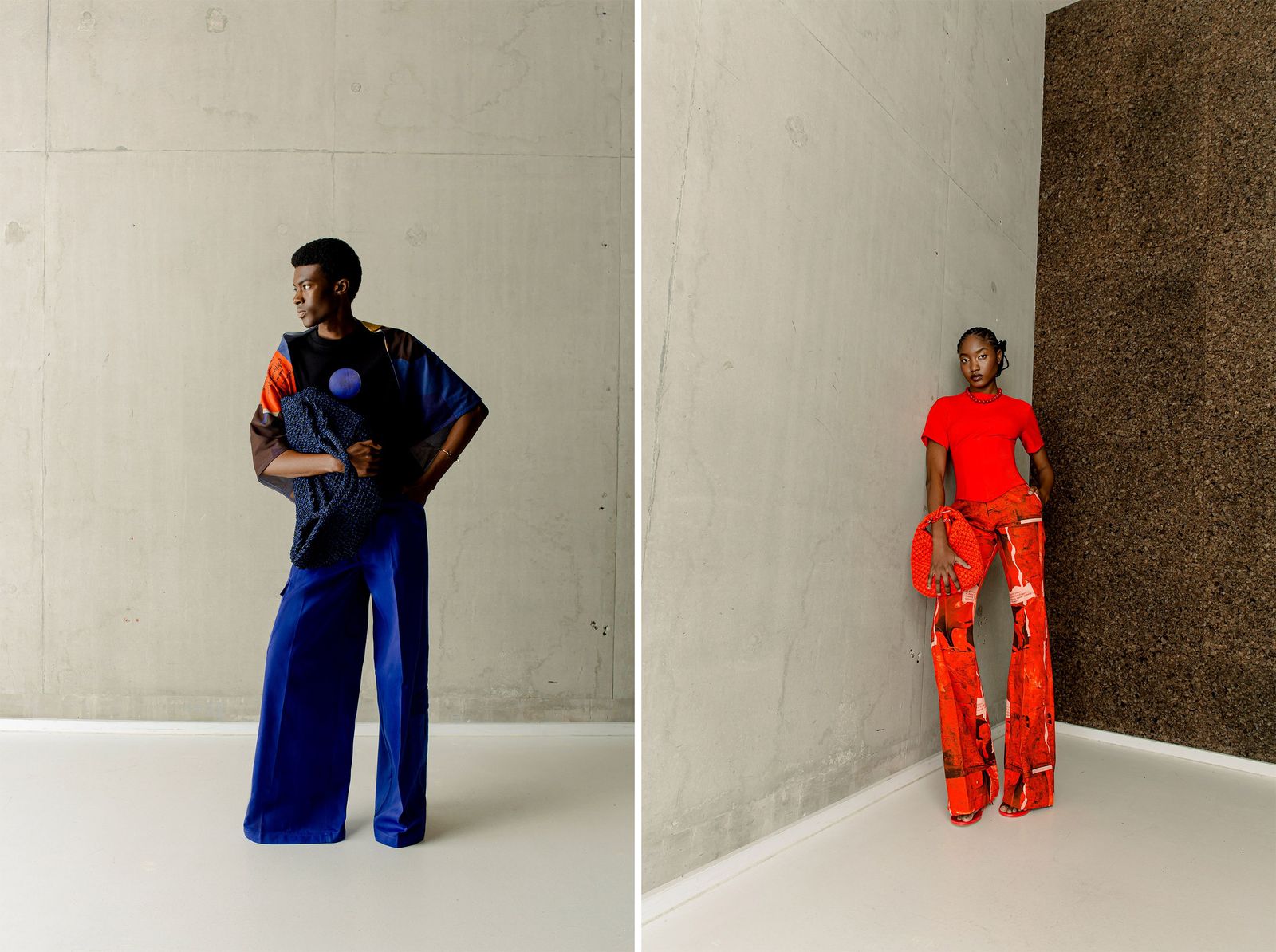
Orange Culture’s SS25 collection.
Photo: Christina Ebenezer / Courtesy of Orange Culture
The priority is now on building a global direct-to-consumer (DTC) business. In the past, wholesale made up approximately 60% of sales, while DTC was 40%. The latter number has since increased to 100%. Once the industry stabilizes, there may be some desire to find new retail partners. “I’ve gotten to the point where I’m like, ‘If it doesn’t make business sense for us, I’m not doing it,’” Oke-Lawal says, adding that the strength of the DTC business allows him to be selective about new retail partners. For the designer, there is greater risk involved with wholesale, particularly around missed or late payments. The challenge is attracting new customers, however, which he is pushing directly to the brand’s e-commerce platform via marketing, activations and fashion shows across Europe, the US and Africa.
The long-term goal is to turn Orange Culture into a legacy brand, one that has the infrastructure, capital and drive to outlive its founder. “I’ve come this far over the last 15 years… and the reason I’m here is because I’m making wise decisions,” he says. “I want to [continue making] wise decisions to last another 15 or 30 years.”
More from this author:
Nike bets big on Africa with Air Afrique collab
Why Nigeria’s Iamisigo is showing at Copenhagen Fashion Week
Three takeaways from Lagos Fashion Week

